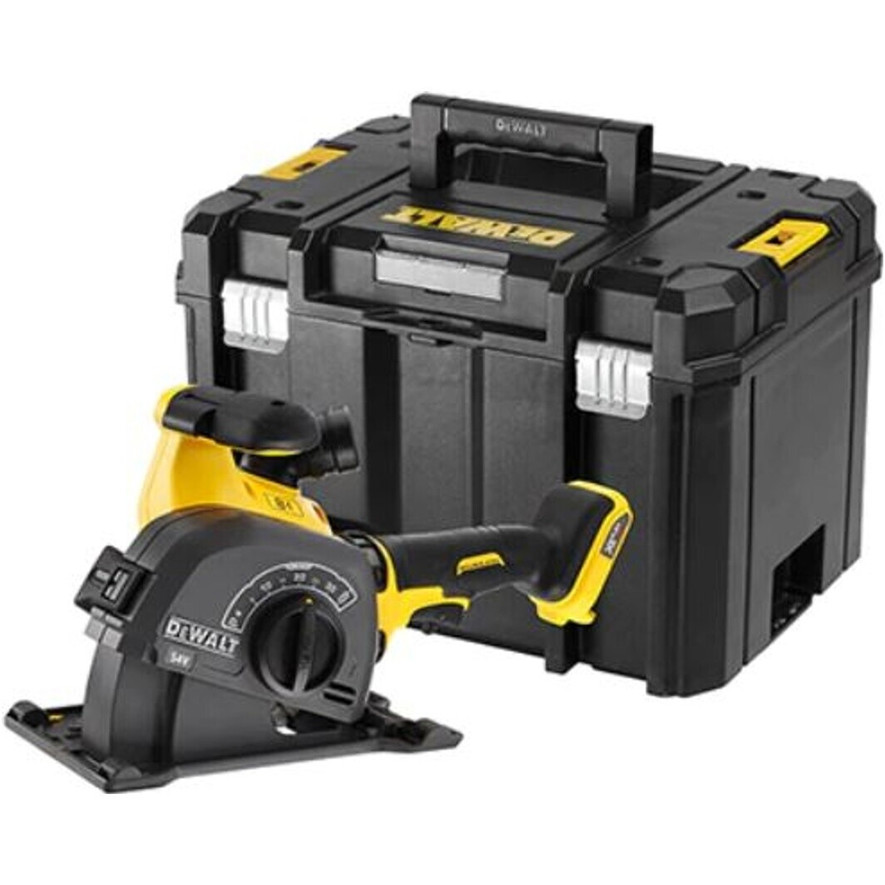Buying a Table Router: A Comprehensive Guide for Woodworking Enthusiasts
When it comes to woodworking, precision and effectiveness are critical. For numerous woodworkers, a table router is an indispensable tool that elevates their craft, enabling them to create elaborate designs and perfect edge profiles. But with various alternatives offered in the market, picking the right table router can be frustrating. This guide will offer you with necessary details on purchasing a table router, detailing essential considerations, popular brand names, and often asked questions.
What is a Table Router?
A table router is a woodworking tool that allows the user to shape, cut, and groove wood in various ways by directing the wood over a turning bit mounted underneath a table. A table router uses higher control and stability, making it perfect for jobs such as edge profiling, making joints, and crafting ornamental patterns.
Benefits of Using a Table Router
- Accuracy: Table routers enable more precise cuts compared to handheld routers, specifically for elaborate designs.
- Flexibility: They can be used for numerous applications, such as edge completing, joinery, and developing raised panel doors.
- Safety: The stationary nature of the router and enclosed bits decrease the risk of accidents.
Key Considerations When Buying a Table Router
Before making a purchase, consider the following elements:
1. Types of Routers
There are typically 3 types of routers:
- Fixed-base Routers: These include a fixed height, suggesting the depth of the cut can not be adjusted during operation but uses stability for accuracy work.
- Plunge Routers: These enable the user to lower the bit into the material, making it much easier to produce grooves and other intricate cuts.
- Combined Routers: These routers offer the very best of both worlds, enabling adjustments and flexibility in various applications.
2. Motor Power
The power of the router motor is a crucial factor, measured in horse power (HP) or amps. A higher power ranking typically shows better performance, particularly for thick or harder woods. For general woodworking jobs, a 1.5 to 2.5 HP router must be sufficient, while heavy-duty jobs may take advantage of routers with 3 HP or more.
3. Speed Control
Variable speed settings offer versatility, enabling the user to adjust the router speed according to the product being cut. Slower speeds appropriate for bigger bits and woods, while much faster speeds are much better for smaller bits and softer woods.
4. Router Table Compatibility
If you currently own a router or plan to construct a router table, make sure that your chosen table router works with the router table you have or mean to purchase.
5. Security Features
Consider designs with security functions such as:
- Electronic brake: Stops the bit quickly when the trigger is released.
- Soft start: Gradually increases speed to prevent the router from jumping during start-up.
- Dust collection system: Reduces dust build-up for a cleaner work area and much better exposure.
6. Brand Reputation and Warranty
Choosing a trusted brand name can considerably influence the tool's reliability and performance. In addition, try to find brands that offer guarantees, as this suggests self-confidence in their items.
Top Table Router Brands
| Brand | Noteworthy Features | Service warranty |
|---|---|---|
| Bosch | Accuracy and reliability, soft-start function | 1-3 years |
| DeWalt | High power, resilient design, extensive bit options | 3 years |
| Makita | Light-weight design, adjustable speed, precise | 1-3 years |
| Festool | Premium models, amazing dust collection, peaceful | 3 years |
| Ryobi | Budget-friendly, excellent for beginners, compact style | 3 years |
Comparing Features: Budget vs. Premium Routers
| Function | Spending plan Models | Premium Models |
|---|---|---|
| Motor Power | 1.5 - 2 HP | 2.5 - 3 HP |
| Speed Control | Limited | Variable speed with dial |
| Develop Quality | Basic plastic components | Metal housing for durability |
| Sound Level | Moderate | Quieter operation |
| Dust Collection | Basic | Advanced incorporated systems |
| Service warranty | 1 year | 3 years or more |
Often Asked Questions (FAQs)
1. Do I need a table router if I currently have a handheld router?
While a handheld router is versatile for lots of jobs, a table router supplies improved stability and precision for intricate work, making it a worthwhile financial investment for serious woodworkers.
2. Can Oberfräse Führungsschiene Set use a routine router in a table?
Yes, lots of routers can be adapted for table use. Nevertheless, make sure that the router works with your router table's mounting system.
3. How do I maintain my table router?
Regular upkeep is vital for durability:
- Keep the base and bits clean.
- Check and tighten up screws and bolts regularly.
- Replace used or harmed bits promptly.
4. What is the very best bit size for a table router?
Bit size depends on the job. For edge profiling, quarter-inch to half-inch bits are typical. For joinery, larger bits may be needed, however guarantee your router can deal with the bit size.
5. Exist any security pointers when utilizing a table router?
Definitely! Usage safety goggles, keep hands clear of the bit, make sure proper securing of the wood, and work slowly for precision.
Investing in a table router can considerably elevate a woodworker's capabilities, offering precision, versatility, and safety. By comprehending the important functions and factors to consider, as well as exploring credible brands on the marketplace, you can make an informed choice that matches your woodworking needs. Whether you're an enthusiast or a seasoned professional, a trustworthy table router can improve your woodworking experience and help you create stunning projects that showcase your abilities.
Pleased woodworking!

